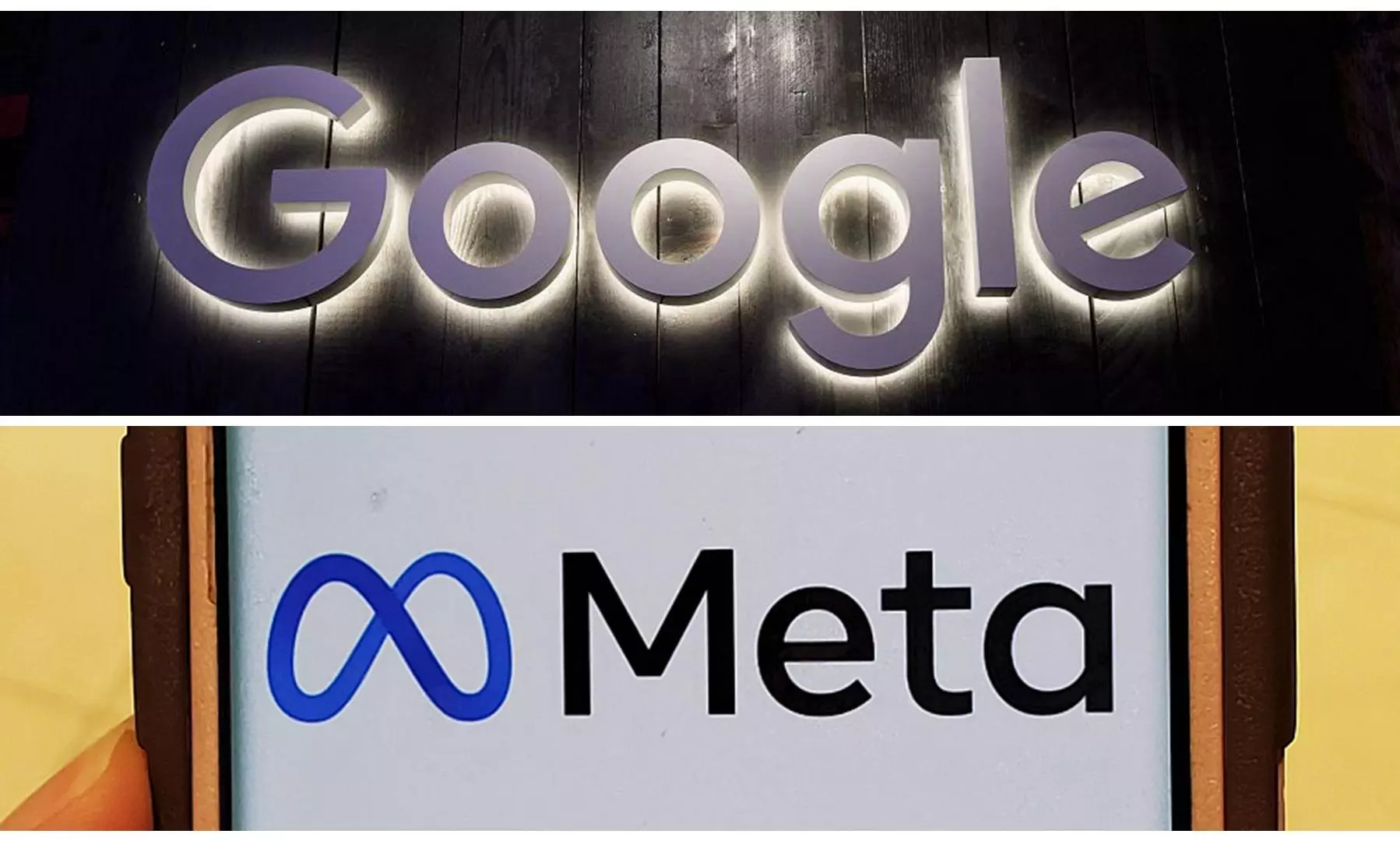
Penalties await Google, Meta for having missed the deadline for opening offices in Russia
text_fieldsA number of Internet companies, including Facebook owner Meta and Alphabet's Google are facing potential punitive measures after failing to open Russian offices and take other steps required under a Russian communications law.
According to legislation signed by President Vladimir Putin, foreign social media companies with more than 500,000 daily users have been required to open local offices since July 2021 or face severe restrictions, including outright bans.
Roskomnadzor, the Russian state communications regulator, listed 13 firms it wanted to establish on Russian soil in November. The regulator said last month that it would start imposing restrictions by the end of February.
Only a few businesses had implemented the policy by Monday's deadline. The last-week's Russian invasion of Ukraine has increased pressure on Western businesses to retaliate against Putin.
In addition, companies are required to register with the Russian communications regulator Roskomnadzor and to implement a system for handling user complaints.
As of Monday, Rakuten Group's Viber messaging app also had completed all required steps according to Roskomnadzor's website, which shows Apple and Spotify had fully complied before fighting began in Ukraine.
The government website showed late Monday that six other companies had fulfilled at least one policy but had yet to establish a Russian legal entity or a local office. These are Google, Meta, Twitter, ByteDance's TikTok, Zoom, and JOYY's video app Likee.
The website reports that four companies - Discord, Amazon's live streaming unit Twitch, Telegram, and Pinterest - have not taken any steps to comply.
It is under review whether Likee's February 16 filing for a Russian legal entity will be compliant with the law. Twitter declined to comment, and the other 11 companies didn't respond to requests for comment.
Non-compliant companies will no longer be able to sell ads in Russia, Roskomnadzor said last month. The organization previously said blocking access to targeted services was a last resort, and that other penalties may include limiting data collection or money transfers.
Russia has issued small fines to social media companies in the past year for not censoring anti-government activists, as part of a broader campaign to control the Internet, critics argue.
In response to the country's censorship of state media services, which critics say promote fake news and propaganda, Russia has blocked access to Facebook in recent days. Users on mobile devices have also been find difficulty in accessing Twitter.
Due to the latest crackdown, there has been a surge in demand for virtual private networking (VPN) apps that circumvent Internet restrictions.Sensor Tower estimates that in the last seven days, three of Apple's top five most downloaded apps were VPNs, with a combined 383,000 installs over that period, 15 times more than the preceding period.
According to Insider Intelligence, as of last November, Russia had nearly 51 million users on Instagram and 7.5 million on Facebook.























